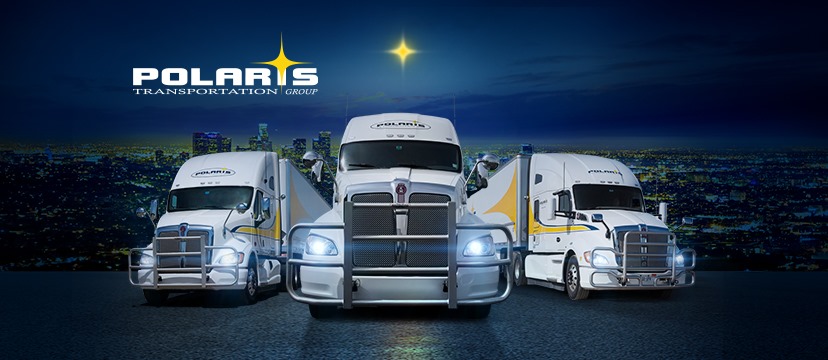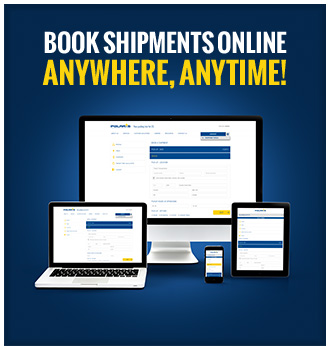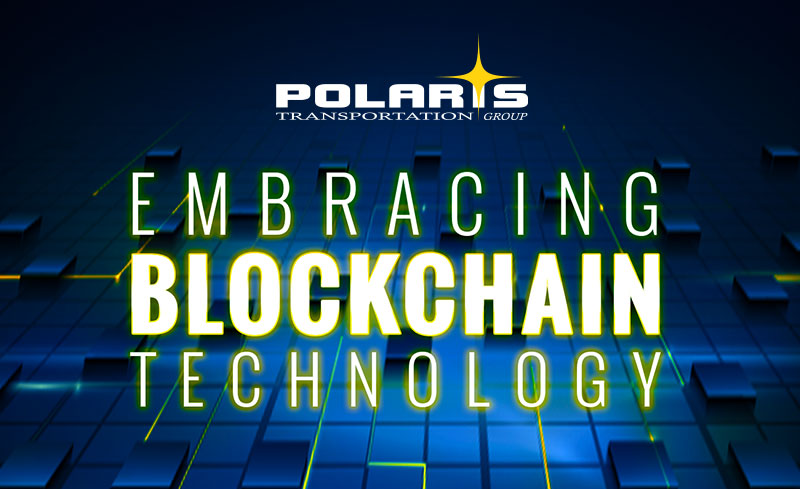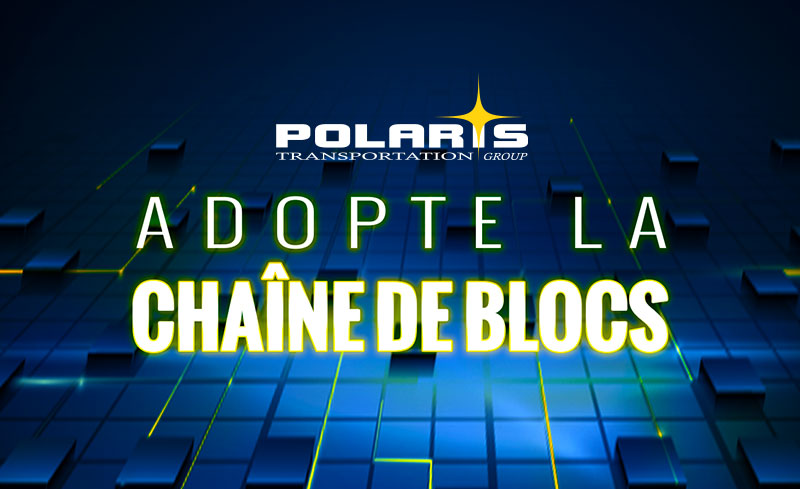Polaris Transportation Group (PTG) recently joined Blockchain in Transport Alliance (BiTA) to incorporate this game-changing technology into their daily processes. PTG sees this innovative process as a critical element in managing the rapid growth of their organization. It greatly reduces human error and establishes an automated approach for all types of transactions that are both secure and verifiable.
Without question, Polaris’ ongoing and increasing investments in technology has created a competitive advantage. It has been a core strength in the company’s ability to compete and take market share from the larger, publicly funded competitors. Polaris Transportation Group is the largest privately held Canadian cross border LTL carrier and has enjoyed growth in each of its 24 years of history, with 2017 results being the best yet. Blockchain and robotic process automation is where the company is placing its next big bet.
Polaris Transportation Group President, Dave Cox, explains “In general, the pace of change is going to accelerate with the further evolution of the digital age. In the transportation space, we see new ways to serve customers and make our business better as technology enables solutions to business challenges we’ve struggled with for years. It is a liberating feeling for us and the global supply chains that we participate in.” Specifically, Mr. Cox is investing in projects relating to customer service, operational precision and risk management. The return on investment offered in these three key areas have become quite compelling in the past six months as blockchain and robotic process automation solutions become more accessible and integrated. Cox adds, “The thought of increasing the speed of information sharing and execution while lowering the costs of connectivity and counter party validation empowers true scale for fleets of all sizes.”
Mr. Cox explains further, “Today, we have large customers who want to connect to us directly but their systems either won’t allow, or the costs to connect become a barrier. However, joining a global supply chain information stream, or blockchain, alongside our customer allows integration of information and cost advantages where we both serve several of the same participants. The change in conversation and the scale on investment becomes clearer, as opposed to the costly, non uniform, bi-lateral connections with those same stakeholders.”
In terms of operational precision, blockchain pivots the traditional ‘waiting for an order’ to a more proactive relationship where a customer request is anticipated as early as when the raw materials are sourced in another part of the world. Mr. Cox adds, “Having a P&D fleet that is organized geographically isn’t the best solution but it is what we have today. Knowing where and when trucks will be needed earlier in the process will allow us to optimize the customer experience and our operations – leaving less waste in the system. When you think about the value of knowing what orders you’ll have to execute tomorrow today, for an LTL operator, it allows the system to flow in a totally different and better way.”
From a risk management perspective, blockchain, and its inherent hyper ledger reconciliation and smart contracts provide for a purer approach to payments and managing credit. Moreover, the validation process associated with a global block chain and its members, transitions the business away from receivable collections and the need for three references on a new account application. Mr. Cox shares “Knowing if a key customer has a customer that is growing or slowing, in real time, allows us to make more timely and informed decisions in a more efficient way, from a cost structure perspective.”
They say that inevitably, the future always comes. For Polaris Transportation Group, the future can’t come fast enough.











